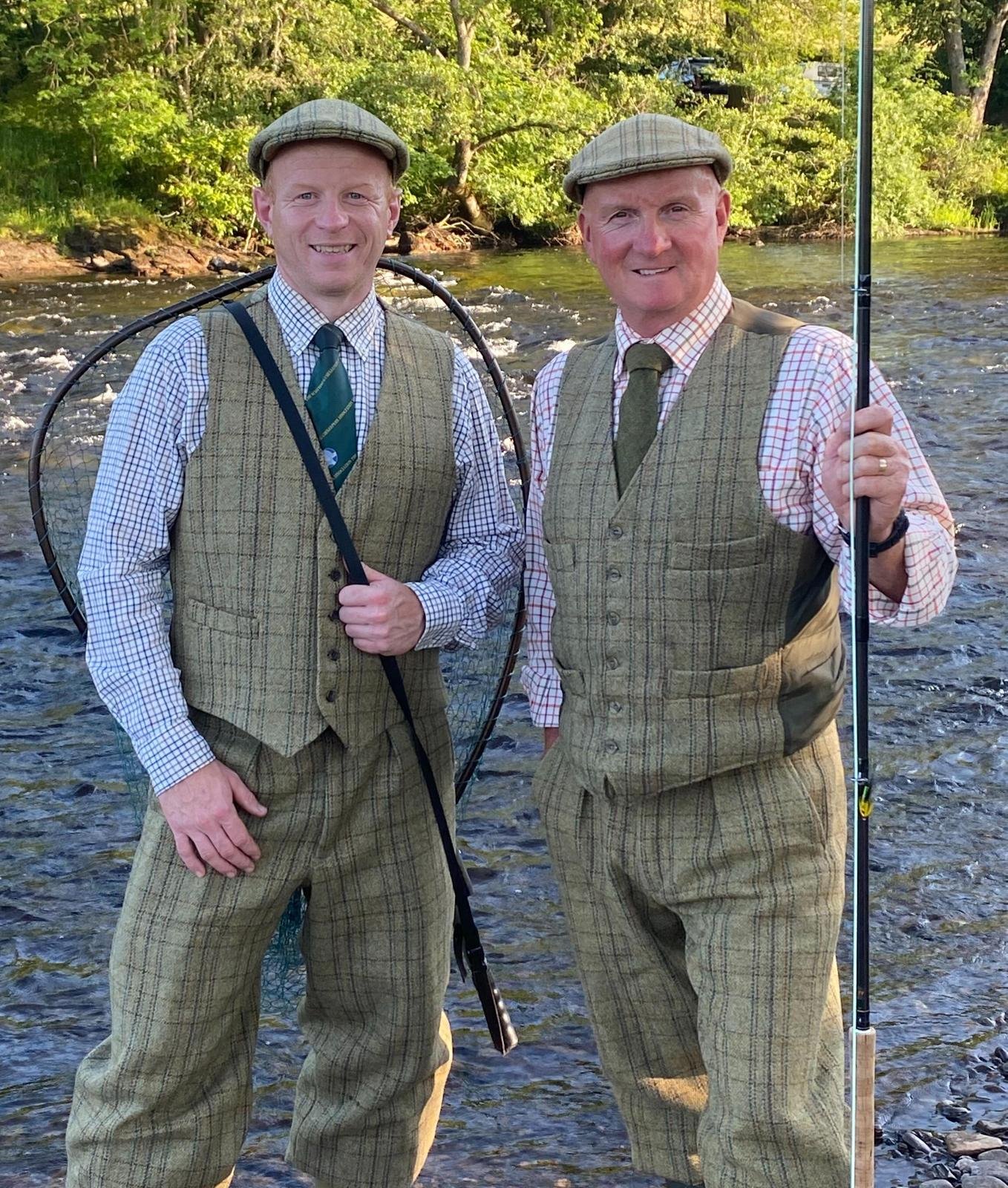
Collecting the Evidence
Working Together to Establish an Evidence Base
“GWCT are delighted to be part of the Missing Salmon Alliance and fully support the Likely Suspects Framework concept. We see this an excellent opportunity to feed our detailed long-term data on salmon populations into a policy driven format to address many of the challenges facing Atlantic salmon.”
The Problem
The wild Atlantic salmon is in crisis! The number of salmon returning to their spawning grounds has fallen dramatically since the 1970s and wild Atlantic salmon could be lost from many of our rivers within our lifetime if we don’t act now.
The Causes
Atlantic salmon face a number of pressures throughout their lives in freshwater and in the marine environment. Some point the finger at a changing marine environment, exacerbated by climate change although recent studies are providing evidence that many fish are still being lost in freshwater and the coastal zone.
Effective Action
There is an urgent requirement to collaborate to place these findings into a framework to allow action to be taken to reverse the decline in wild Atlantic salmon populations. We aim to build an evidence-base to influence national decision makers.
Likely Suspects Framework
At the heart of the MSA is the Likely Suspects Framework (LSF). The LSF is an overarching ethos - the wrapper - that will guide the Alliance’s strategic thinking. It will help identify the key pressures on the Atlantic salmon’s life cycle and direct where action urgently needs to be taken to arrest and then reverse the declines in local salmon population. By bringing together existing and new information on salmon stocks, the Framework will develop the scientific evidence base to explain patterns in salmon stock abundance.
Science provides insight and guides action: Saving the Atlantic salmon is possible, but we need the very best research.
The Missing Salmon Alliance’s (MSA) goal is to establish integrated data gathering, research and dissemination to build an evidence-base to influence national decision makers. This is with a view to regulate activities with the potential to adversely impact and therefore limit the production of wild smolts into the ocean. At the same time, this will provide the best available advice to fishery managers at the catchment level. Additional marine data will help us to have a fuller knowledge of the complete Atlantic salmon life cycle, and therefore to concentrate resources most effectively to provide the best possible chance of restoring and protecting these fish into the future.


![3_underwater_salmon[1].png](https://images.squarespace-cdn.com/content/v1/5e9554e093a1fa634582bfa3/1599573201102-OPXX8RS1ITHTRE4MGKQT/3_underwater_salmon%5B1%5D.png)
























